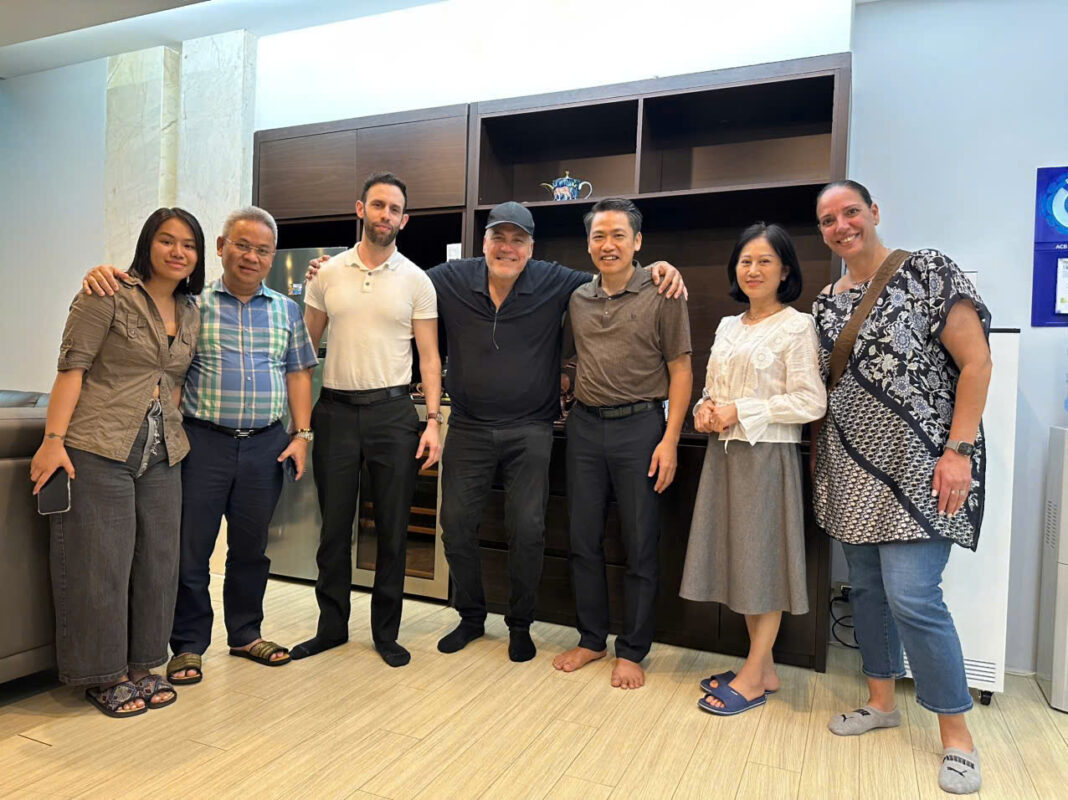Hanoi, Vietnam – A Thai-Australian billionaire has expressed strong interest in the global agricultural trade strategy introduced by TerraBridge International JSC—a forward-thinking initiative that strategically connects Australia, Vietnam, and China to create a streamlined, sustainable agri-business ecosystem.
The TerraBridge model envisions a complementary trade flow where each country plays a vital role. Australia contributes advanced agricultural technologies and financial investment; Vietnam becomes the central hub for large-scale agricultural production; and China acts as the primary consumer market. This tripartite collaboration is designed to optimize the strengths of each country to maximize efficiency, minimize logistical friction, and meet the rising demand for high-quality agricultural products in the region.
The billionaire investor, who has requested anonymity during the preliminary phases of engagement, praised the TerraBridge plan as “a timely and visionary approach to sustainable food systems and agri-commerce in the Asia-Pacific.” The investor believes this partnership framework not only offers lucrative returns but also addresses the long-term challenges of food security, climate resilience, and regional economic interdependence.
At its core, the TerraBridge strategy reflects the growing need for integrated agricultural value chains in response to global supply disruptions and shifting consumption patterns. By tapping into Australia’s expertise in agri-innovation, such as precision farming, biotech inputs, and climate-adaptive crop solutions, the model sets a new benchmark for technological integration in farming.
Vietnam, with its fertile soil, rapidly developing infrastructure, and competitive production costs, becomes the linchpin for scalable, quality-controlled agricultural output. This output is then channeled to meet China’s soaring consumer demand for safe, traceable, and sustainably sourced food—a market that continues to grow as the middle class expands and dietary standards evolve.
TerraBridge’s approach also positions Vietnam not merely as a production site, but as a strategic logistics and value-added processing hub in Southeast Asia. The company plans to invest in state-of-the-art facilities including smart irrigation systems, data-driven crop management platforms, and cold-chain logistics—all supported by Australian know-how and capital.
By aligning economic incentives with sustainability goals, TerraBridge is attracting attention not only from investors but also from governments and development agencies. The emphasis on regional cooperation is particularly timely as countries seek to mitigate the vulnerabilities exposed by the COVID-19 pandemic and geopolitical tensions affecting global trade.
The Thai-Australian billionaire views this initiative as a case study in proactive, private-sector-led globalization. “This isn’t just about trade—it’s about building resilient supply chains, empowering local communities, and doing business in a way that’s future-fit,” he noted in a private statement shared through a spokesperson.
As global interest in food tech and sustainable agriculture continues to rise, TerraBridge believes its model could serve as a blueprint for similar collaborations across other regions. The company is currently in discussions with additional strategic partners, including venture capital firms, agri-tech incubators, and regional logistics providers.
“We’re building more than a business,” a TerraBridge representative shared. “We’re building a movement toward smarter, cleaner, and more connected agriculture.”
With its bold tri-nation strategy and the backing of high-profile investors, TerraBridge is well-positioned to become a catalyst for transforming how agriculture is produced, processed, and consumed in the Asia-Pacific—and beyond.

